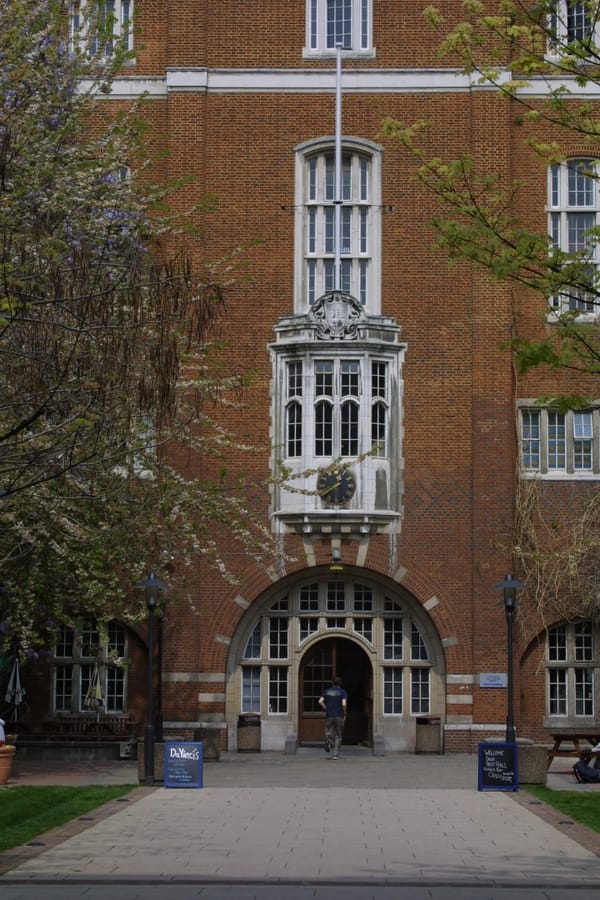Should the Monarchy be Abolished?
Farhat Eamon argues that the monarchy should be abolished as a relic of a past that we should be ashamed of.

What do Ellie Goulding, Ricky Martin and the Queen have in common? Other than the fact that they all used to be much more relevant 3 years, 20 years and 800 years ago respectively, they also all took part in the royal wedding celebrations over the weekend. Very much overshadowed by the spectacle of a ginger man actually finding a wife earlier this year, this royal wedding was between Princess Eugenie and a rich white man. Whenever an event like this happens, the age old question about the legitimises and appropriateness of a monarchy in modern Britain arises.
The opulence of the royal family in an austerity induced poverty stricken Britain is reason enough to abolish this institution entirely. Even without looking into the nitty gritty of costs versus benefit of having a royal family, this symbol of elitism has no place in modern Britain. Institutions, such as universities, are trying hard to combat elitism and increase social mobility. A rich family who have found themselves at the apex of British society due to circumstance alone will not help in inspiring.
One of the ways Imperial tries to encourage students from all backgrounds to apply is by running open days. As a prospective student enters the glass castle that is the Business School, the first thing they will come across is a statue of Queen Victoria looking down at them. This monarch had a role in the creation of Imperial College, placing the foundation stone for in 1888 and going on to open the building in 1893. She lay the foundations for one of the greatest scientific institutions in the world, but also during her lifetime she lay the foundation for something much more destructive: racism. The British policy of colonialism and imperialism reached it peaked under her reign and can be attributed to much of the racism, xenophobia as well as the plethora of wars and problems which we have faced in the last century as well as ones happening today.
When it comes to racism, it may seem far fetched to link it back to events which happened 150 years ago, however it is clear that the seeds of racism were sown a long time ago and the harvest is still plentiful. As Britain went around the world and oppressed the local people, its actions created the image of the strong and powerful white man. Additionally, it became clear that to justify this oppression, the idea that these local people were inferior had to be solidified in not only the minds of the people being colonized, but also in the minds of the British public at home. As Britain pillaged much of Asia and Africa of its resources and created this racial hierarchy, the royals grew richer and more powerful. Queen Victoria went on to be named Empress of India in 1876 despite never visiting the country and such irony is but a short summary of much of what colonialism went on to become. A white European, ruling with little to no knowledge or regard to what the local people wanted, and the royals were at the centre and embodiment of this.
Imperial College is a very international university with students from across the world. But as Queen Victoria stands in the Business School, watching every student scurry by, she sees many of us not as international students but as colonial students. Having a lady who contributed to horrors in the home countries of many of the students here standing so proudly is bound to send a few shivers down a few spines and for this very reason, British colonial history and the crowns part in it must be addressed.
While many see Meghan Markle as a symbol for change in the British monarchy, bringing in a little of racial diversity. Is it not too little too late? Can this new African-American royal change the deeply rooted racism which sits in many? Or is abolishing the monarchy and confronting its colonial past the only way in truly tearing down the entire idea of racism?







